Do Dogs Know When They Misbehave? The Truth About Guilt, Apologies, and Forgiveness
Every dog parent has been there—you come home and find your adorable pup has done something naughty. Maybe the couch has been chewed up. Maybe your shoes have turned into a toy. Or maybe there’s a puddle on the carpet. It’s normal to feel upset or disappointed in those moments.
But have you ever stopped and wondered—does my dog know they did something wrong? Do they feel bad afterwards? And if so, how do they try to say they’re sorry? Let’s dive into these questions and uncover the truth behind our dogs’ emotions and actions.
Do Dogs Know When They’ve Done Something Wrong?
The short answer is not really how humans understand right and wrong.
Dogs don’t have a moral compass like we do. They don’t understand that chewing furniture or peeing inside the house is “bad.” What they do understand is how you react to their actions.
Dogs learn through experience and observation. They are excellent at reading your body language, hearing changes in your tone, and noticing when you act differently. So when you come home and sound mad, they quickly realize, “Uh-oh, something’s wrong.” But it’s not because they understood their action was wrong—they sense your displeasure.
Do Dogs Feel Bad After They Do Something Wrong?
It may seem like your dog feels guilty when they lower their head or hide after a mess, but that’s not exactly what’s happening.
Studies show that while dogs experience basic emotions like joy, fear, and excitement, they don’t feel complex emotions like guilt, shame, or pride. What you see is not guilt—it’s their response to your behavior.
Your dog picks up on these signs when you look upset, speak sharply, or move stiffly. Their lowered head tucked tails, and sad eyes are ways they try to avoid conflict and calm you down. They aren’t saying, “I’m sorry I did something bad.” They’re saying, “Please stop being mad. I love you.”
One critical study even found that dogs act submissive when owners are upset, even if the dog hadn’t done anything wrong! That guilty look is more about them reacting to you than understanding their actions.
How Do Dogs Apologize?
Dogs don’t understand the concept of apology like humans do, but they do recognize when they’ve upset you and want to fix it.
Dogs are highly social animals. Their survival, happiness, and safety often depend on good relationships with their group (you and your family). So if something damages that bond, they instinctively try to repair it.
When your dog thinks you’re upset, they may:
- Lower their body
- Give you sad puppy eyes
- Lick your hand or face
- Nuzzle into your lap
- Bow their head or tuck their tail
- Reduce panting to seem calmer and less threatening
These behaviors aren’t an “I’m sorry” like humans say. But they are a way of communicating: “Please don’t be mad. I want us to be okay again.”
Interestingly, wolves (closely related to dogs) show similar behavior. When wolves upset each other in the wild, they bow, lick, or roll onto their backs to show submission and ask for forgiveness. It’s deeply rooted in canine instincts!
Do Dogs Say Sorry to Each Other?
Yes! Dogs apologize to each other, too, in their ways.
A fascinating study observed 177 dogs at a dog park over several months. After conflicts or rough play, dogs often make an effort to reconcile. They would lick each other’s faces, stay close, roll on their backs, or gently nudge each other.
This behavior helps rebuild their bond after a disagreement. Maintaining peace is essential to dogs—whether with humans or other dogs.
Do Dogs Forgive Us?
So what happens when we accidentally upset our dogs? Can they forgive us too?
The good news: Yes, most dogs forgive honest mistakes very easily. If you accidentally step on their paw or raise your voice, your dog might be startled, but they won’t hold a grudge. Dogs have short-term memories for accidents. A gentle voice, some cuddles, and a little time usually fix things quickly.
However, if a dog experiences repeated abuse or harsh treatment, that’s different. Dogs remember patterns of mistreatment because they associate you with fear or pain. It’s not about holding a grudge but protecting themselves from being hurt again.
So, one mistake? Forgiven quickly. But repeated negativity? It creates lasting fear.
How to Apologize to Your Dog
If you upset your dog, the best thing you can do is reconnect with kindness.
Here’s how to say “I’m sorry” in a way your dog truly understands:
- Speak softly and gently
- Keep your body relaxed and non-threatening
- Offer some physical space if your dog seems scared
- Use calm petting or slow, soothing gestures
- Spend time together doing something your dog loves (like playing or cuddling)
Dogs care way more about how you act than what you say. Your calm presence reassures them faster than any apology words ever could.
Common Mistakes When Scolding Dogs
One big mistake many owners make is scolding their dogs long after the bad behavior happens. If you yell at your dog about a mess you found an hour ago, they have no idea what you’re upset about. This confuses and stresses them out.
Dogs only link cause and effect within a few seconds. They’ll understand if you catch them in the act (like chewing a shoe) and correct them immediately. Timing is everything.
Another outdated (and harmful) habit is rubbing a dog’s nose in their mess after a potty accident. This doesn’t teach them to stop—it teaches them to fear you. It can also lead to weird behaviors like eating poop out of anxiety (yes, really).
Why Dogs Misbehave
It’s easy to think a dog is being spiteful when they act out, but that’s not true. Dogs don’t have thoughts like, “I’ll show them!” Their actions usually come from other needs.
Dogs often misbehave because of the following:
- Boredom (no toys, not enough exercise)
- Anxiety (especially separation anxiety)
- Lack of training (they genuinely don’t know better)
- Stress (changes in the environment, loneliness)
- Teething pain (in puppies)
Understanding the real cause behind your dog’s behavior helps you handle it kindly and effectively. They aren’t being “bad” intentionally—they’re trying to cope.
Final Thoughts
At the end of the day, dogs don’t think like humans. They don’t understand “bad” the way we do. But they know when you’re upset and try their best to make things right.
The bond between you and your dog is built on love, trust, and forgiveness. When mistakes happen—and they will—the most crucial thing is reconnecting with kindness. Your dog loves you more than anything, even when they chew up your favorite shoes.
Forgive quickly. Love deeply. And always remember: your dog’s heart is pure, even if their behavior isn’t perfect.
Share this content:
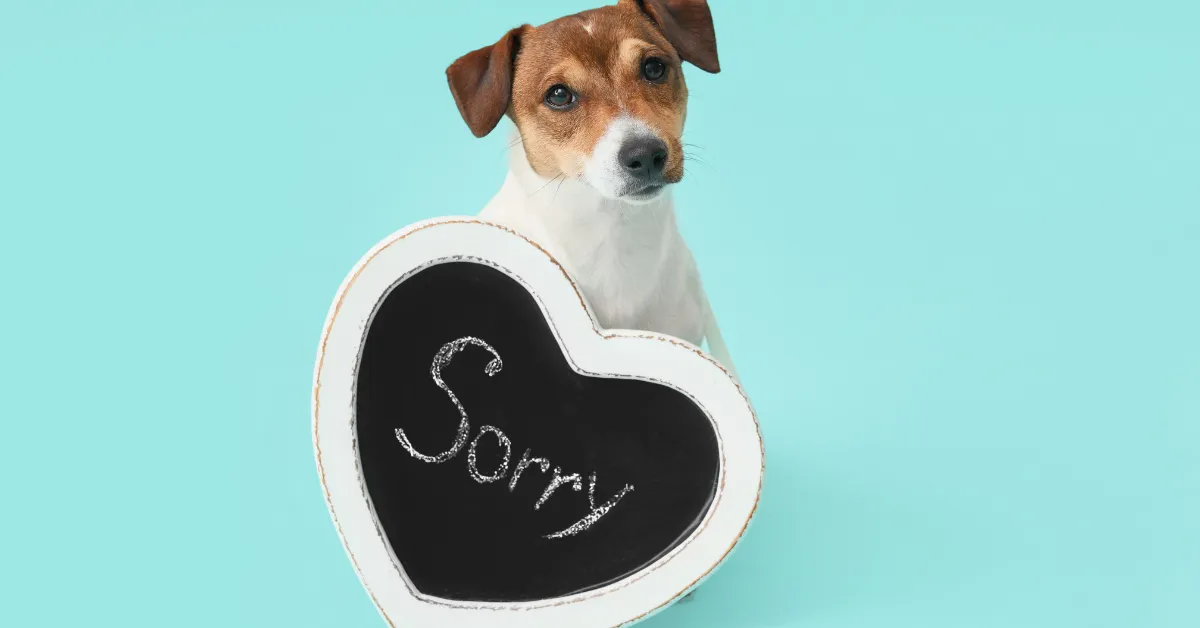

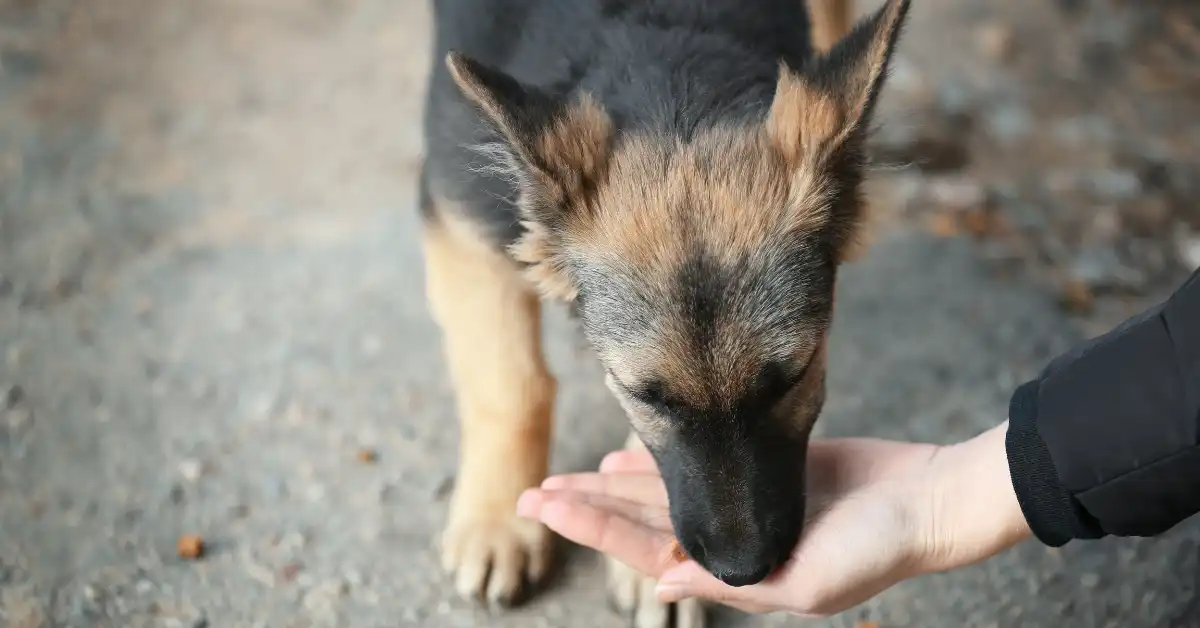
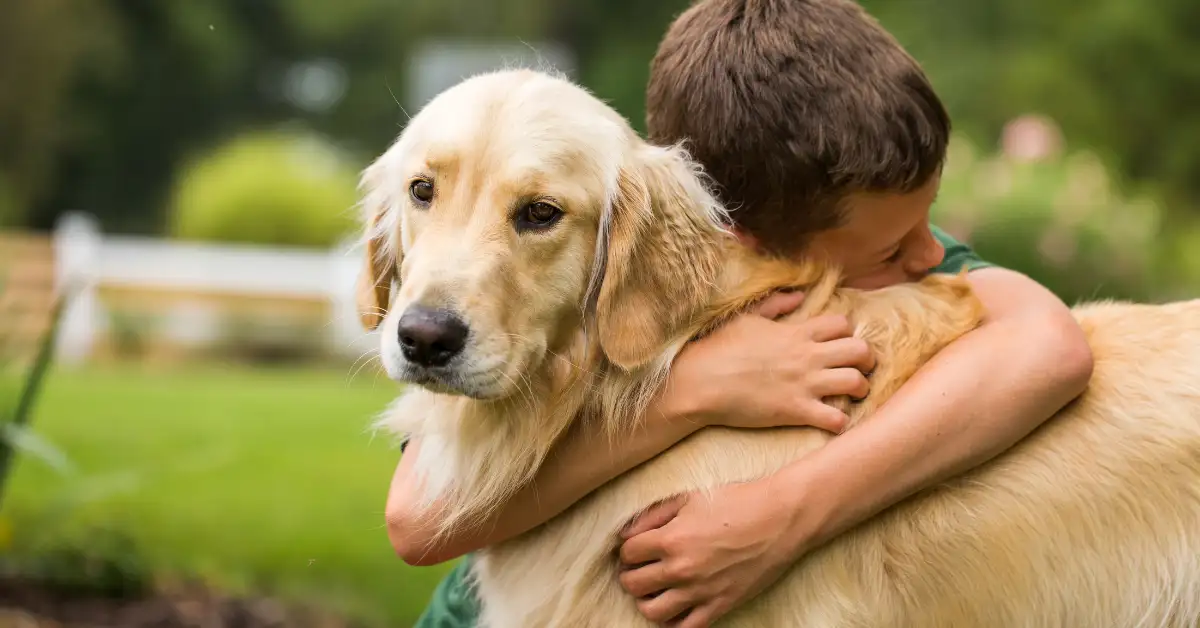
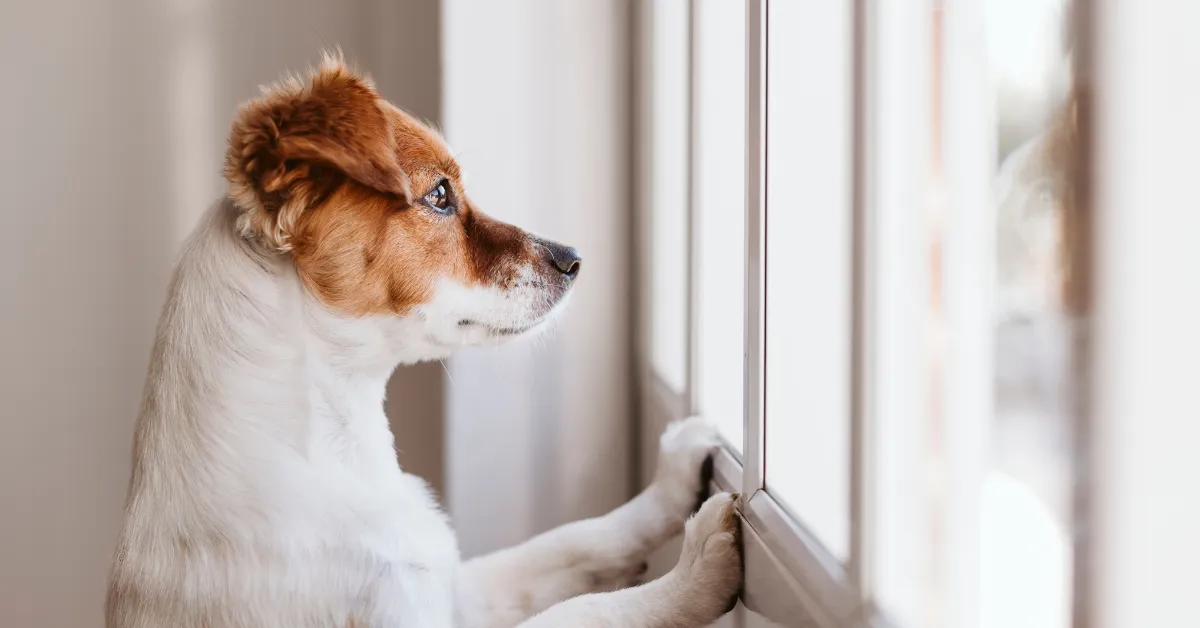

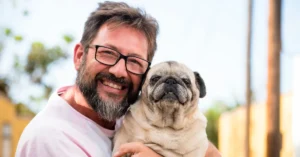
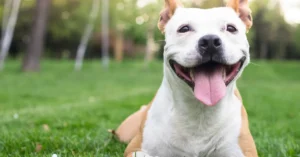
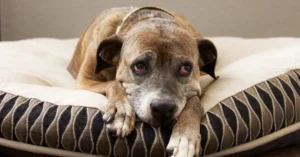

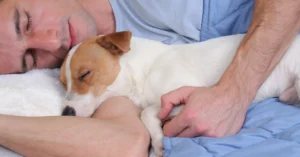
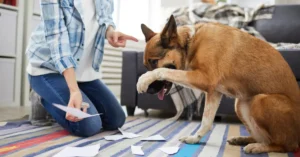

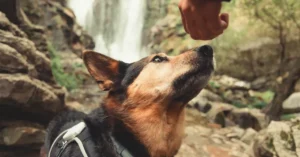
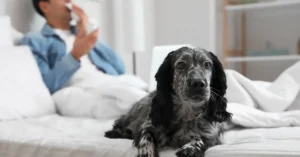
Post Comment